Gardening during a heatwave? You need David Domoney's plant watering tips for hot weather
As North America grapples with a record-breaking heatwave, what can you do to protect your garden plants? Gardening expert David Domoney gives his top tips
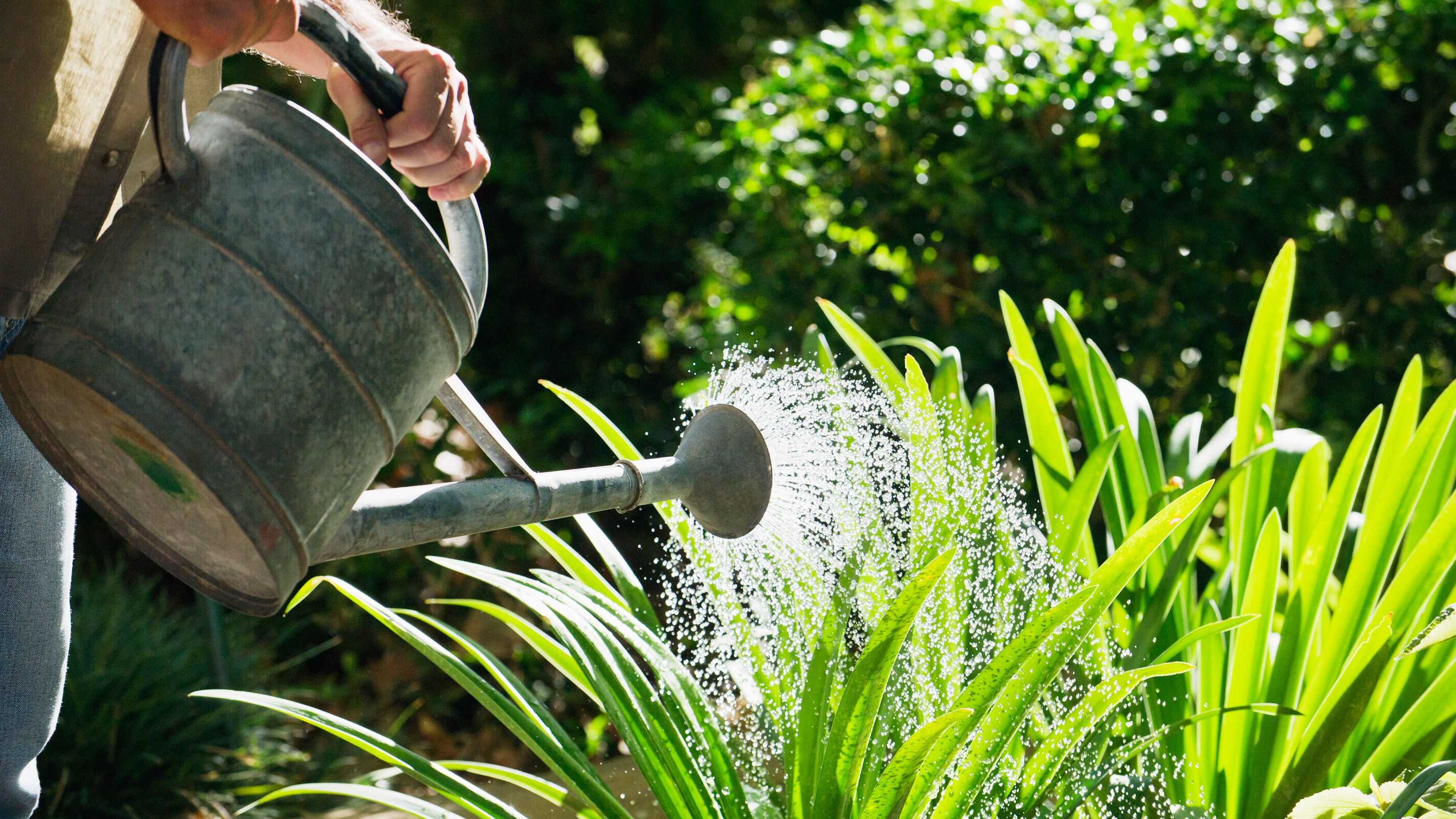
Temperatures across the west coast of North America continue to soar, breaking every record and wreaking havoc on agricultural crops and gardens (to say nothing of people and wildlife). As heatwaves become more common and intense across the world, what can you do to alleviate the effects of heat stress on your garden plants?
The gardener, presenter and author David Domoney has always stressed the importance of watering plants correctly, but his hot weather watering tips are a must right now if you are in a heatwave zone.
1. Water first thing, always
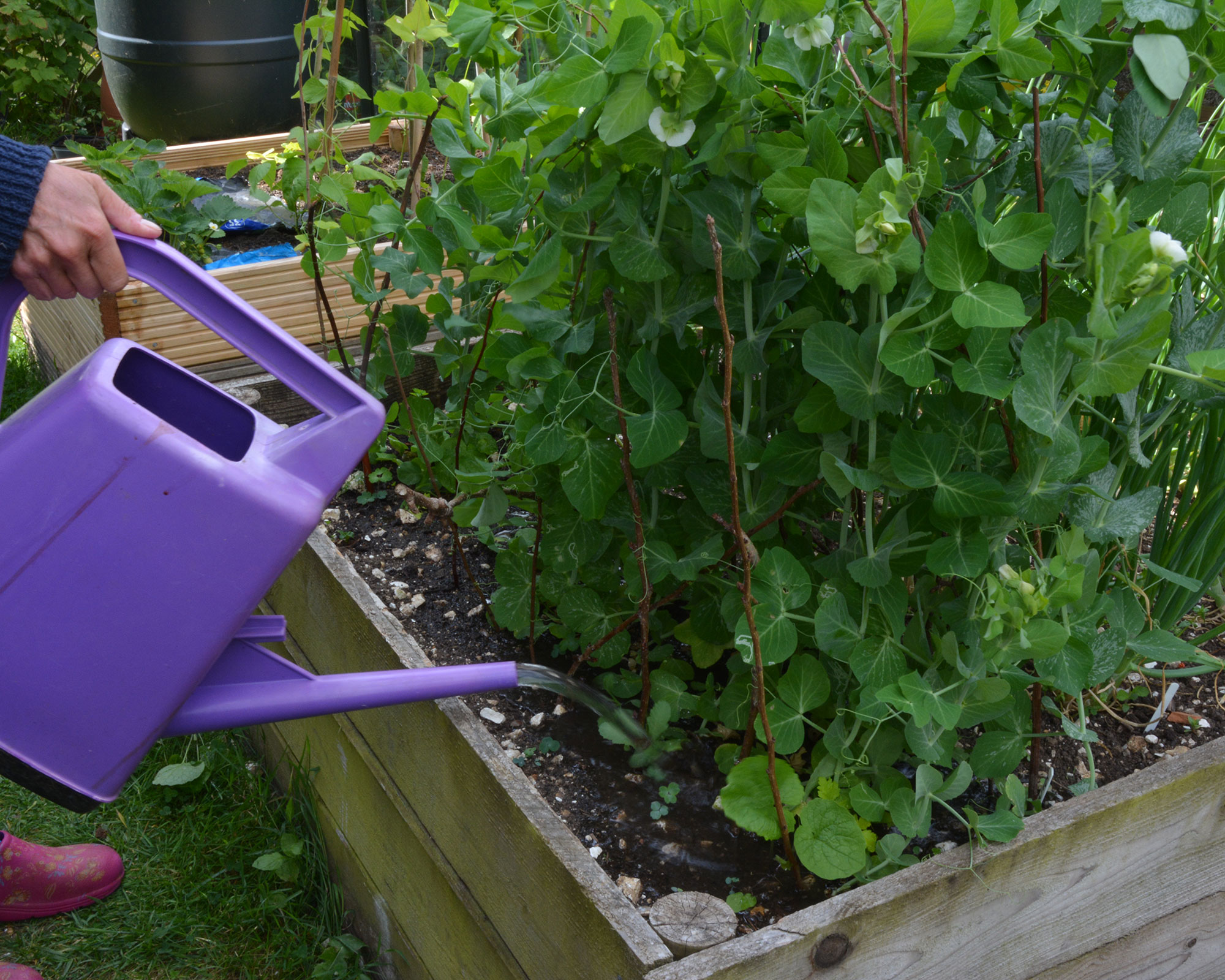
David writes in his blog: 'Water in the morning or at night, not in the high heat of the day which will evaporate the water before it reaches the root.' This is especially true during a heatwave, when lunchtime temperatures are just too brutal for watering to be worthwhile. Just don't water too late at night as that can lead to fungal diseases and pest problems.
2. Break up the soil around the plant
This is especially important if you've had weeks of drought and the soil is rock hard. 'Soil can develop a hard crust if it gets too dry, meaning that water will just run off the surface. Push a broom handle a few inches into the soil to create reservoirs around plants before you water to make sure it soaks in and gets to the roots.'
3. Soak, don't just water little and often
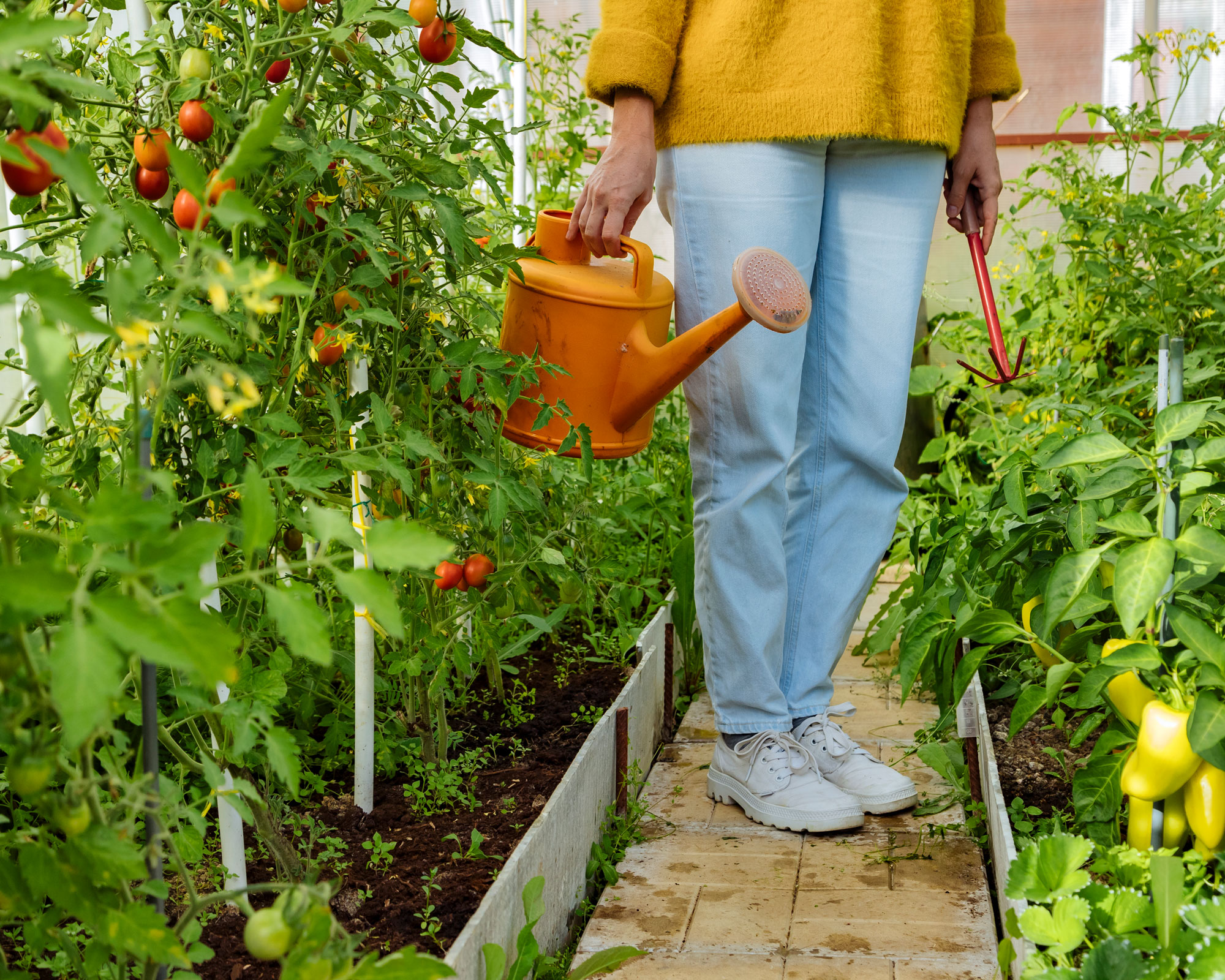
Your plant's root system is its insurance policy against damage – while the top of the plant may seem dead from heat stress, if the root is still healthy, it may bounce back once temperatures go back to normal. David's top tip for encouraging healthy roots is: 'Give plants a thorough soaking – water for at least 20 seconds. Little and often doesn’t allow water to soak deep into the soil, which is important because it encourages the plant to send down deeper roots.'
If you're heading off on vacation and want to make sure your plants still get a good soaking, our guide to watering plants while away on vacation has plenty of useful tips to ensure they are still alive on your return.
4. Don't blast the plants with a high-pressure water jet
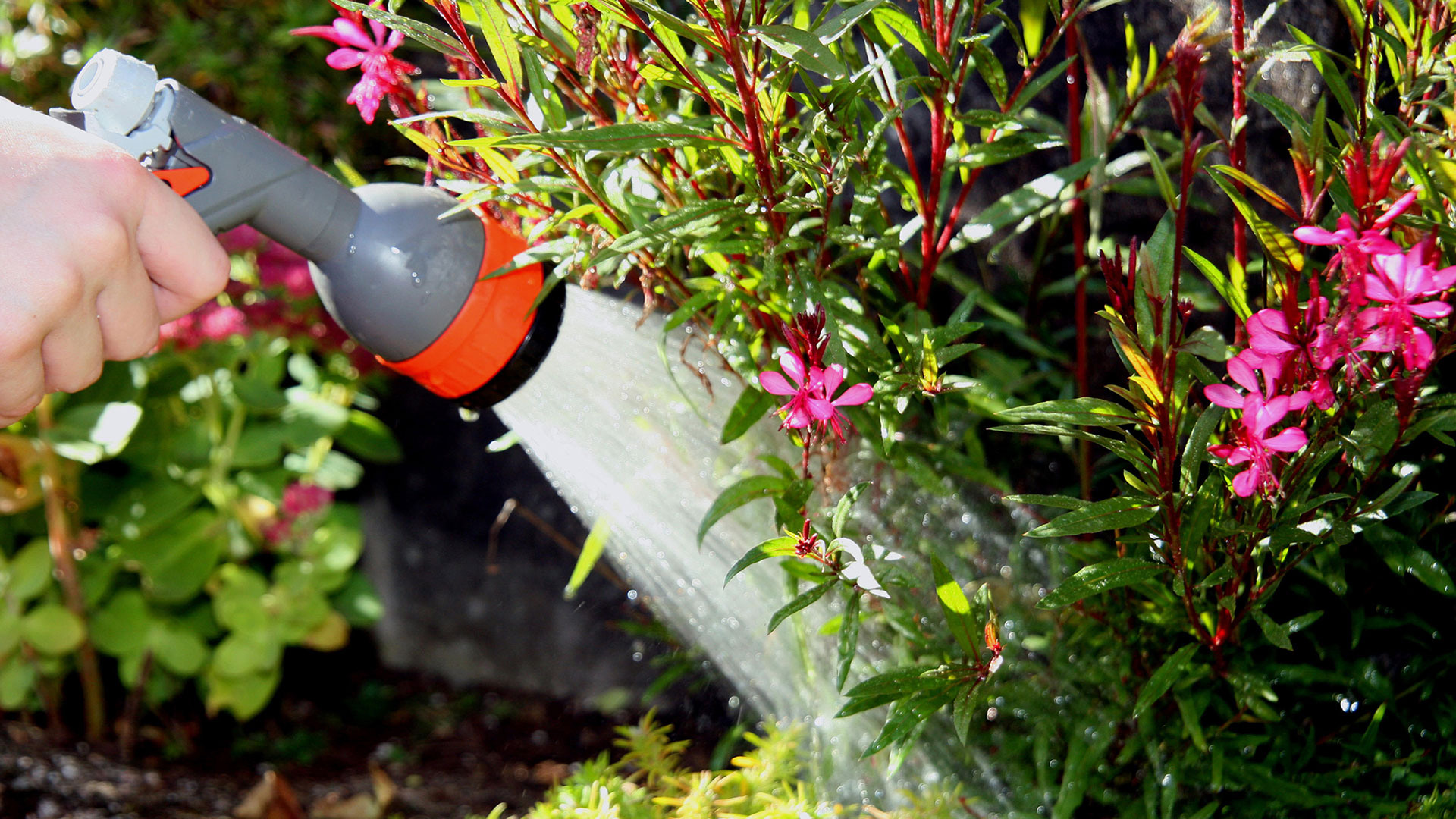
While it may be tempting to just blast your plants with the most powerful setting of the best garden hose, this will only further damage stressed-out plants. David explains: 'Set your hosepipe nozzle to give a wide, gentle spray or use the shower attachment if you have one. Fast, narrow jets can blast soil and damage the plant. You should also keep the rose on your watering can for the same reasons.'
5. Conserve water
Heatwaves always put increased pressure on water supplies, and some areas will introduce hose bans in order to have enough water for domestic use. David's recommendation is: 'Reuse as much water as possible – install a water butt and recycle the water from the kids' paddling pool on your lawn and flowerbeds. Just don’t tip it out – stagnant water will drown roots and could cause moss.' Our garden water saving tips will help you further.
6. Don't forget wildlife
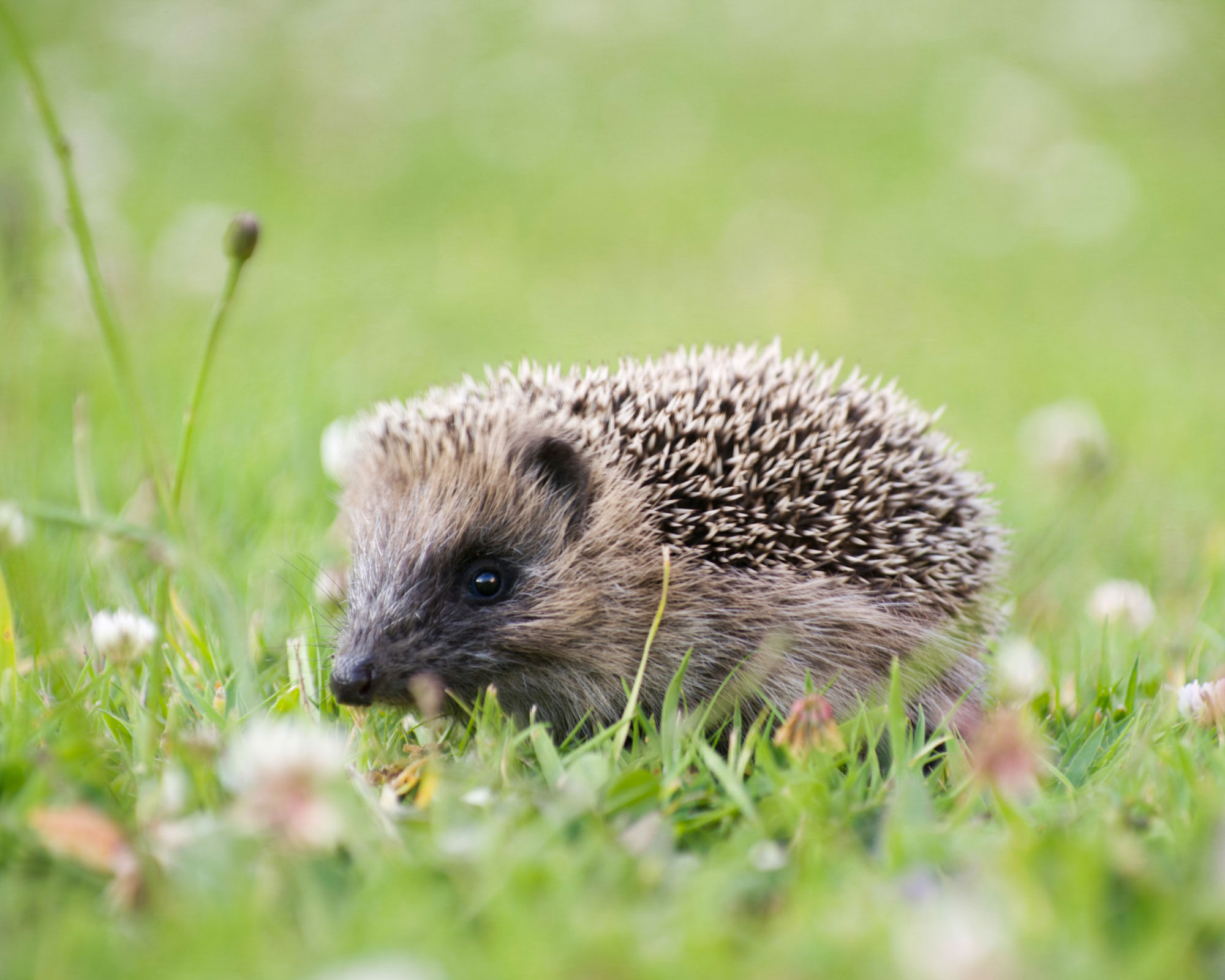
Last but not least, think of your garden as a sanctuary for local wildlife that will also be struggling with the heat and lack of water. Leave out a shallow dish of water in a shady spot for hedgehogs and birds. If you have an old sink, or any other shallow container you can fill with water, it will be invaluable to local wildlife. Just don't use anything too deep, as animals and birds can drown in deep water.
With climate change affecting more and more areas, it's a good idea to rethink how your garden is organized to better cope with future extreme weather events – and help support wildlife in the process. Our wildlife garden ideas will help you do just that.
Anna writes about interior design and gardening. Her work has appeared in Homes & Gardens, Livingetc, and many other publications. She is an experienced outdoor and indoor gardener and has a passion for growing roses and Japanese maples in her outside space.
